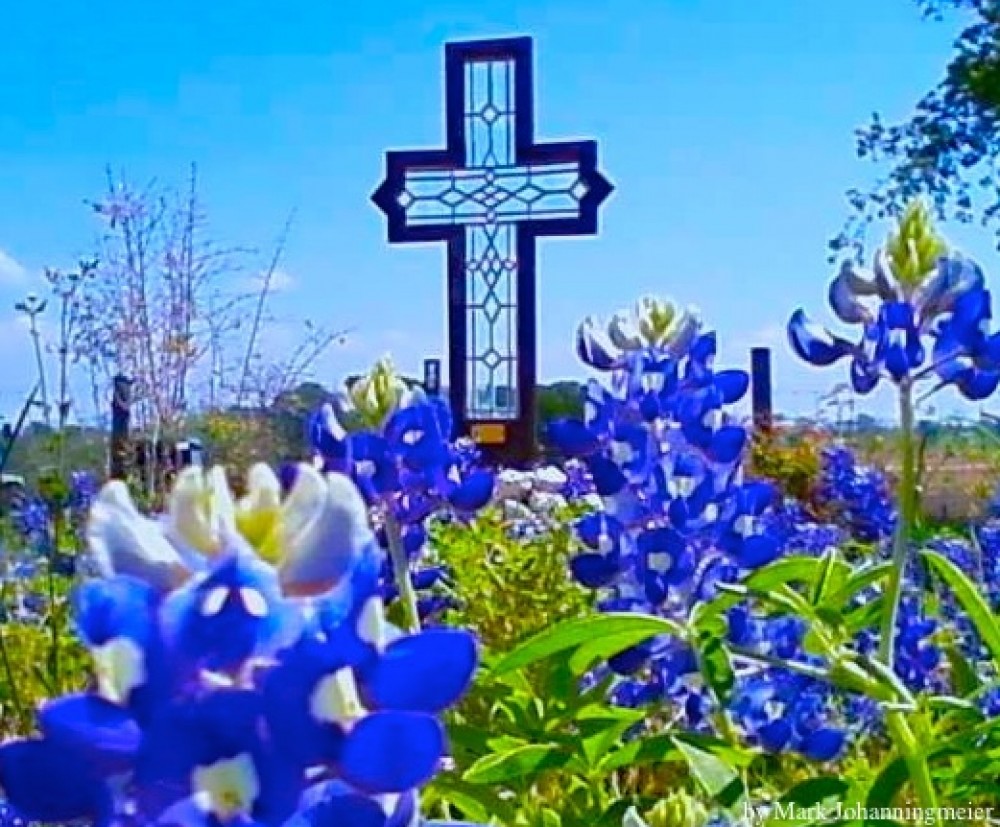Terah, the little-known figure in Genesis 11 is the grandfather of Israel. His granddaughters are the “mothers of Israel” and his grandsons are the “fathers of Israel”. To clear the air at the start of the post, families intermarried 4,000 years ago. Genetically that would not work well now. The gene pool seems to have been corrupted along with society as we have moved away from the Garden. I am not trying to do genetics in this post because I am not qualified, but I will note some of the non-Terah additions.
Terah, it seems, had several wives, none of them are named. We know that Abram and Sarai were half-siblings, but Nahor, Terah’s second son, married the daughter (Milcah) of his third son – Haran. I guess you lose sight of the fact that this is still tracing the family line back to Noah and then to Seth and Adam. Flip that forward you have the family line of those who first “called on the name of the Lord” (Genesis 4:26 NIV).
Rebekah, Terah’s great-granddaughter, married her cousin Isaac, and his great, great, granddaughter’s Leah and Rachel married their cousin Jacob. Milcah was Terah’s granddaughter, her son Bethuel fathered Laban and Rebekah. Laban was with Bethuel when Abraham’s servant was handing out things to get Isaac a wife – Rebekah. Besides Leah and Rachel Laban had sons (Genesis 31:1). We have no idea who the mother of Laban was or who his wife was. Haran had another son, Iscah, but nothing is said about him.
Names – Strong’s Concordance has no meaning associated with Terah. Nahor is the name of Terah’s father and second son, it may mean snoring. Bethuel, who is not mentioned in Genesis 29:5, may mean “destroyed of God”. Laban may mean brick or white. I like names and their meanings but you may have to do more than a quick search to form an opinion before you make it part of the story.
The Other Mothers of Israel
Leah and Rachel account for nine tribes in Israel. Laban gave his daughters maidservants – Leah was given Zilpah and Rachel received Bilhah. The two servants had four sons for Jacob. We know nothing of these two girls and a safe guess is they came from the Haran area. This should complicate the family bloodline a bit but they are still “children” of Abraham.
The Wives of Jacob’s Sons
Isaac and Jacob were both “encouraged” to go back to the family in Padan Haran to find brides. The servant who was entrusted with the task was not to take Isaac back there. Rebekah was “upset” with the women around them and not too happy that Esau had found his wives from the Canaanites. (I believe that Esau in Genesis 28:8+9 took a bride from Ishmael in an attempt to please his father. A wife from within the family.) Jacob probably knew he would not be welcomed by Laban if he was looking for wives for his sons. So, where did the girls come from? Joseph’s wife was an Egyptian; they had Manasseh and Ephraim. Judah married Shua and had children by Tamar (Jesus’ grandmother), they were both Canaanites. The easy answer to the wives is Canaanites, or “Jacob’s servants” he acquired in Haran, or women from Shechem. If we are thinking genetics, the family line has spread out again and the line of Terah was not added in for the twelve sons to form their families. Once the family population was greater they could go back to marrying cousins.
Part of the Law was not to intermarry with the people/nations around them. Ruth is a worthy inclusion, she is a granddaughter of Lot through his son Moab. All three of Terah’s sons added to the bloodline of the Hebrew nation and more specifically, Judah.
Terah
This is definitely a “what if”! Terah in Genesis 11:31 seems to be the first one going to Canaan. When he left Ur, he traveled northwest to skirt the desert. He made it to Haran (the town with the name of his dead son) and stayed and died there. Nahor and Milcah are not mentioned in Genesis 11:31, 32. Were they already in Haran, which is why Terah never left? Don’t know! They may have followed after Terah and Abram.
The stated reason for leaving Ur was to go to Canaan. Was Terah following the voice of God? Did he just stop following the leading and stayed in Haran? Was he just going with Abram who was really the one called? Would the whole family (Terah, Nahor, Lot, and Abram) going and being in Canaan changed the major points of history?
The Really BIG What If
Were these direct descendants of Seth going to Canaan to meet Melchizedek? We are not told of any other meetings between Abraham and Melchizedek other than Genesis 14. I just find it hard to believe they did not meet. And the ten percent Abraham gave was a lot of possessions to someone you did not know. Yes, the region of Moriah could have been the land controlled by the King of Salem, but that was after Abraham’s victory (Genesis 22).
Oh!
We can see what Canaan did to Lot. Laban would have been really bad. Well, Sodom would have been burned up by his time, but I don’t think Laban would have done well there. Israel had enough problems with Moab, Ben-Ammi, Esau, and Ishmael, the family infighting would have gone to another level.
Abraham not wanting Isaac to go back to Haran could have been for two reasons. Frist, Haran was not a nice place. Second, Abraham knew that Isaac’s blessings would only be found in Canaan, the place where there was a priest like Melchizedek. Genesis 15: 7+8 confirms the calling and the possession of the land.
